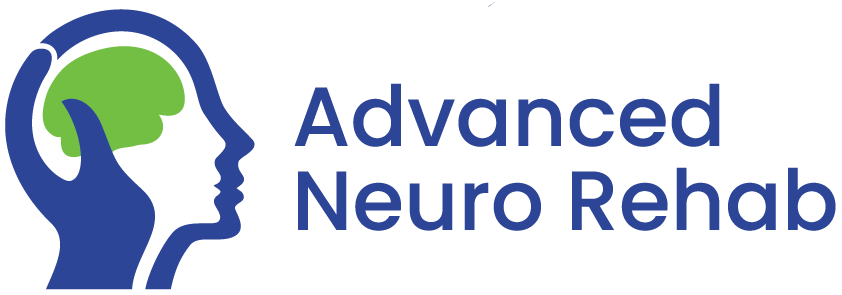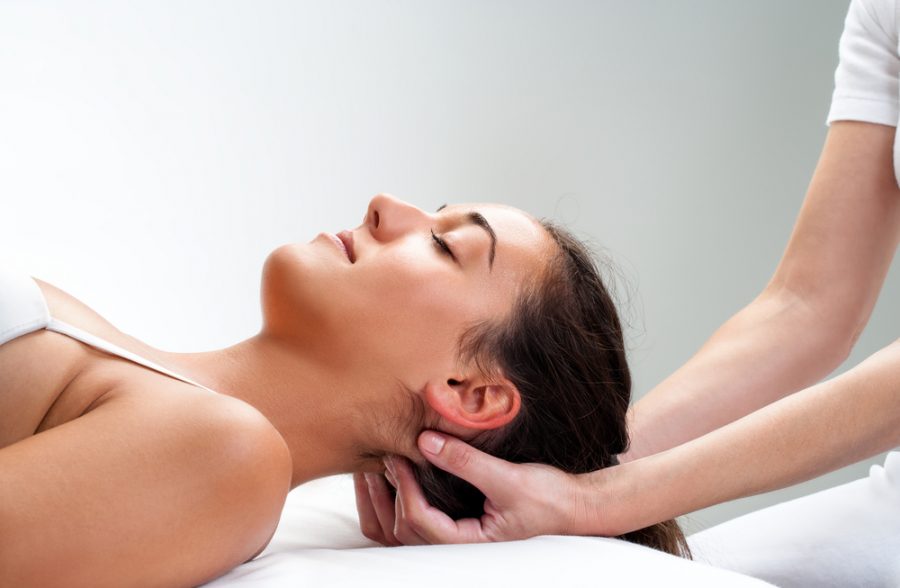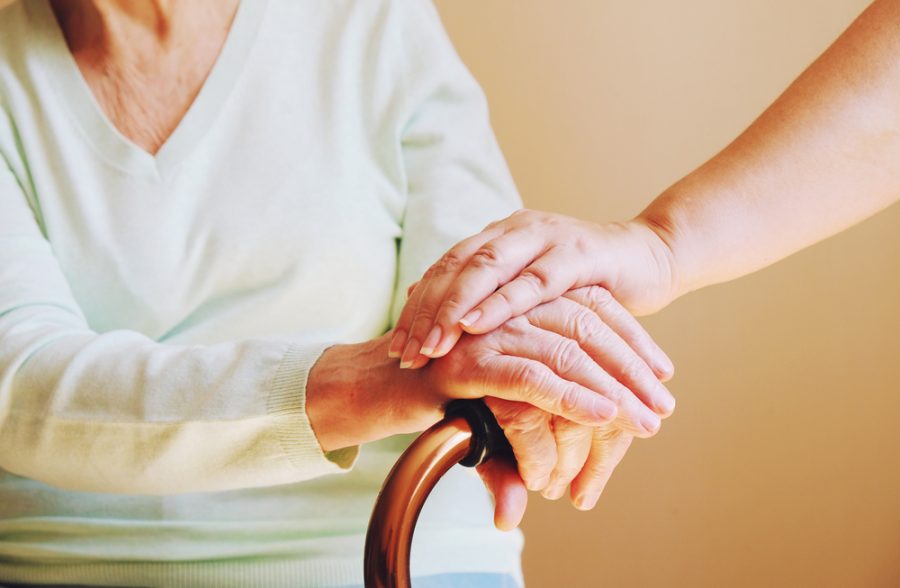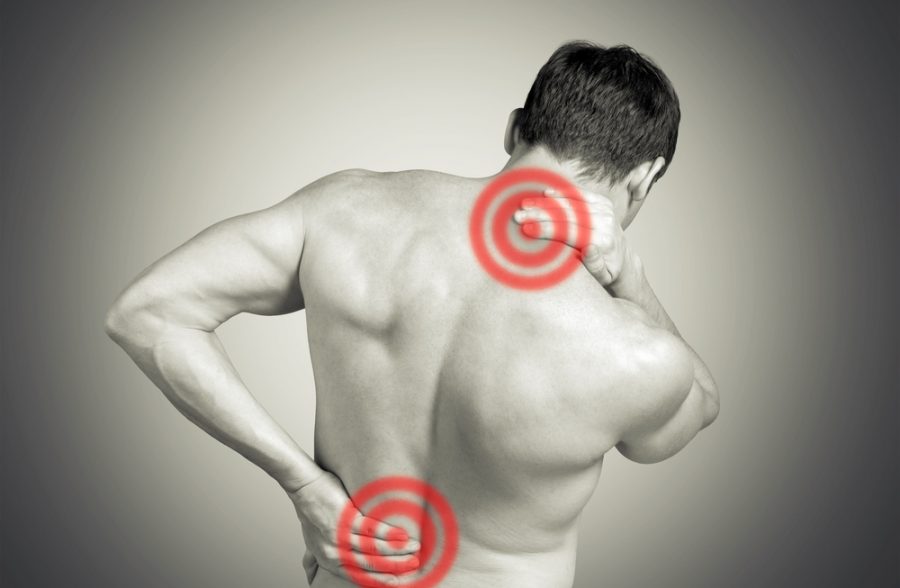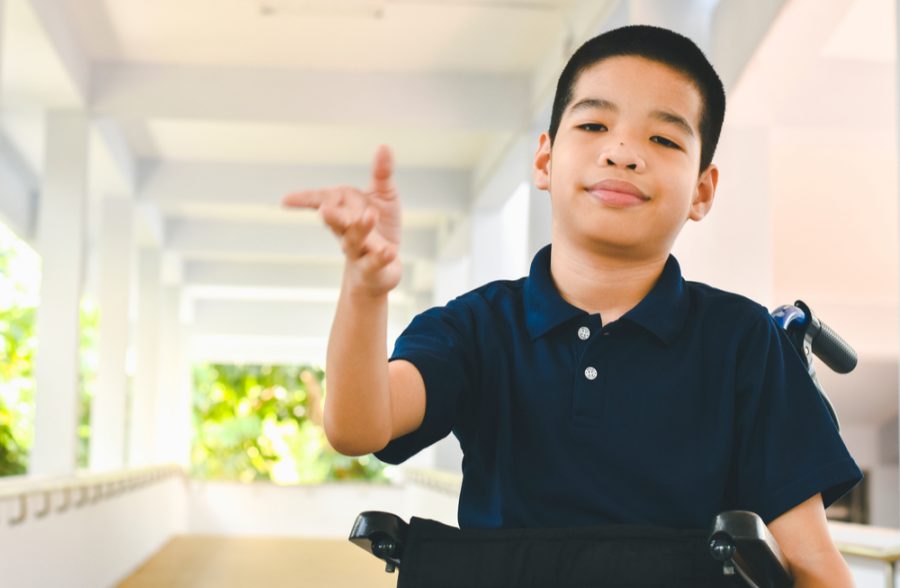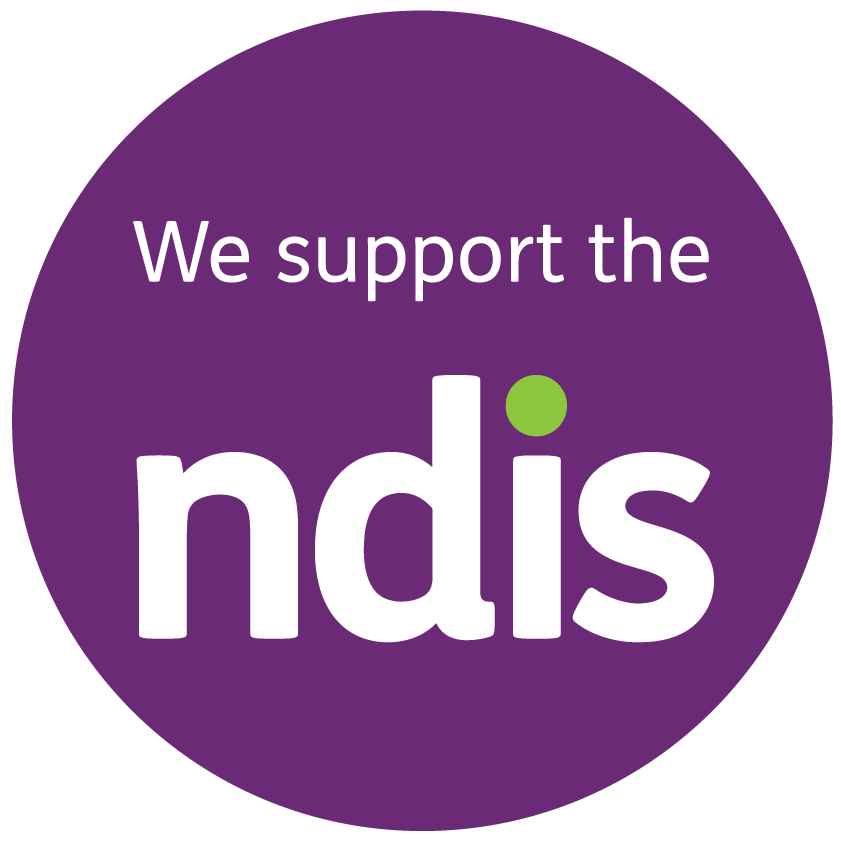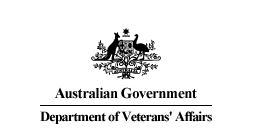Many factors contribute to falls in the elderly and in those with neurological disorders. We can assess what factors are contributing to your falls risk and design a program to help you.
Endolymphatic hydrops can result in episodes of dizziness, imbalance and hearing changes. We can help with strategies that help maximise vestibular adaption and compensation
Dystonia is a movement disorder characterised by involuntary muscle activity in a specific part of the body. Neurological Physiotherapists have experience working with people with dystonia and also have an interest in helping you find the best ways to manage your condition.
Dizziness can be an extremely frightening experience, but it doesn’t have to be! Evidence now clearly shows that many causes of dizziness can be alleviated through specific treatment and guided exercises.
Dementia often has physical as well as cognitive symptoms. Keeping fit and active is important in maintaining both your physical and cognitive function.
If you have concussion symptoms of dizziness, headache, neck pain, concentration and/or balance co-ordination problems persisting beyond a few weeks, it is recommended you consult a physiotherapist with experience in concussion management.
Chronic Pain can be debilitating but neurological physiotherapy can help with education, self-management and sensorimotor learning exercises to develop new strategies that aim to gain a greater repertoire of functional movement and reduce pain.
Cervical dizziness or cervical vertigo is a type of dizziness you may experience with associated neck pain, caused by a possible dysfunction of your cervical spine (neck).
Cerebral Palsy (CP)is a birth related non-progressive movement based disorder, neurological physiotherapy can help you achieve your goals, maintain your mobility and manage your pain.
ANR can provide rehabilitation for balance training, gait training, vestibular rehabilitation for dizziness as well as progressive strengthening and cardiovascular fitness programs. We target those factors that most limit people's ability to engage in activities of daily living, to help maximise quality of life.
